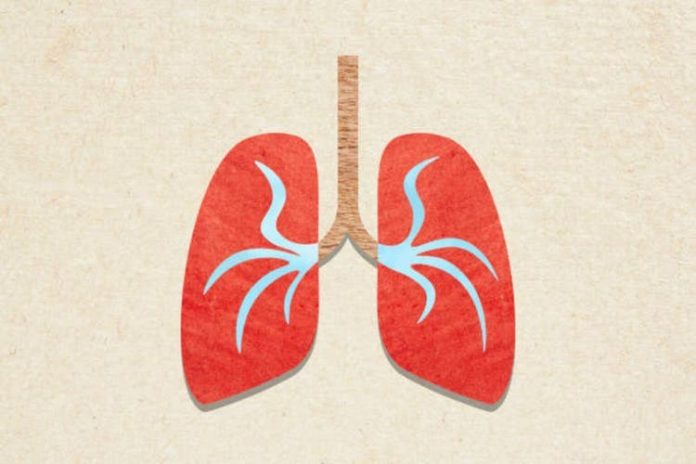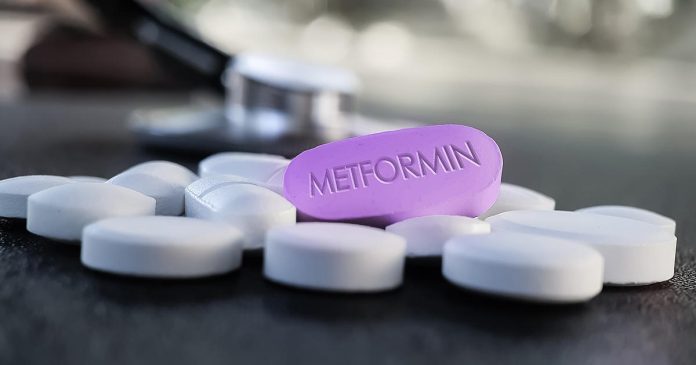Merck’s cholesterol drug gets a boost with another late-stage trial success
Merck’s oral drug met the main goal of reducing bad cholesterol in a late-stage trial, it said on Tuesday, marking a second win for the drug since June.
The trial data provides a shot in the arm for the company, which is looking for its next blockbuster candidate as its major revenue driver, Keytruda, is expected to lose patent protection by the end of the decade.
Merck’s non-statin cholesterol drug, enlicitide decanoate, was being tested in patients with hypercholesterolemia, a condition characterized by elevated levels of LDL (bad) cholesterol in the blood, often leading to plaque buildup in the arteries.
The condition affects about 73.5 million Americans, leading to increased risk of heart disease, according to government data.
In the 24-week trial, Merck’s drug showed meaningful reductions in LDL cholesterol, when compared to placebo.
In June, the cholesterol pill succeeded in two late-stage studies when tested for the treatment of hyperlipidemia, a condition that causes elevated buildup of fat in the blood vessels potentially leading to heart attacks and strokes.
Enlicitide works by blocking PCSK9, a protein that plays a crucial role in regulating cholesterol levels, while statins block an enzyme the liver uses to make cholesterol.
Analysts have noted that the drug has blockbuster potential that expands the PCSK9 market beyond current injectable therapies.
Merck’s drug is designed to lower LDL cholesterol through the same biological mechanism as the currently approved injectable PCSK9 inhibitors, but in a daily pill form.
Similar treatments in development include AstraZeneca’s oral drug AZD0780 and Verve Therapeutics’ gene therapy, which is expected to be used in combination with other drugs.










